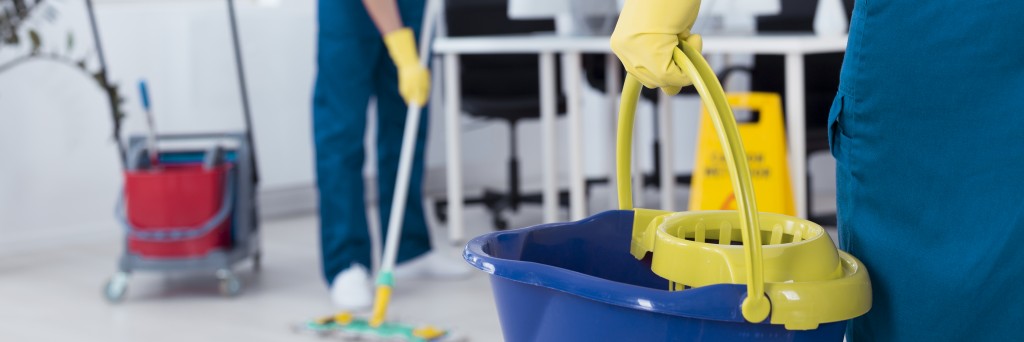The COVID-19 pandemic has altered the whole world’s reality, including different workplace protocols and industry standards. Business owners and employees face drastically different challenges in the workplace. They must follow new obligations regarding employee protection and safety precautions. According to the CDC (Centers for Disease Control and Prevention) and the OSHA (Occupational Safety and Health Administration), here are the new safety protocols that all employers are encouraged to follow.
Safety Protocols
CDC and OSHA have released guidance to different businesses on how to handle the impact of COVID-19. However, the contents of workplace safety policies may still vary by employer. OSHA and CDC advise employers to implement the following safety protocols in response to the COVID 19 pandemic:
Use Personal Protective Equipment
Having the proper safety equipment and protective gear has become necessary. It has become commonplace in different workspaces around the world in response to the COVID-19 pandemic. The OSHA and CDC advise that employers must provide their employees with proper PPE and are under an obligation to train workers on how to use PPE properly.
If you’re operating a medical facility, it’s best to provide surgical masks or N95 respirators, gloves, gown, face shields to your staff. However, if you’re not, giving your employees cloth face coverings is enough. Doing this can help reserve the essential safety equipment such as surgical masks or N95 respirators to healthcare workers who are fighting to contain the pandemic.
Follow Proper Social Distancing
Employers should implement workplace policies to practice appropriate social distancing whenever possible, including staying at least 6 feet apart and avoiding large gatherings.
Implement Flexible Sick Leave Policies
Employers should make sick leave policies flexible and are following the public health guidance. Workplace policies should also permit workers to stay at home if they need to tend to a sick family member. However, if employers can’t implement flexible sick-leave policies, they can consider applying the non-punitive emergency sick leave system to ensure their employees stay in top condition.
Train and Educate Employees
The CDC guidance states that employers should institute a proper worker training program to their staff, setting clear expectations regarding the severity of the situation and the importance of personal hygiene. Advise your employees to stay home if they’re experiencing flu or fever-like symptoms to avoid infecting other team members. Training should include employees regularly washing hands with soap and water for at least 20 seconds, using alcohol or hand sanitiser frequently when water and soap are not accessible and avoiding touching their face with unwashed hands.
Maintain Routine Deep Cleaning

The CDC recommends regular disinfecting and cleaning areas in your business that are frequently touched, including door handles, point-of-sale keypads, shopping carts, and more. Effective routine maintenance helps in reducing the risk of exposure to COVID-19 for your patrons and employees. Under the current CDC policies, if your business has been closed for over seven days, you can clean the premises with soap and water.
The CDC and OSHA guidance help implement workplace safety policies in response to the COVID-19 pandemic. These guidelines help in assisting employers in meeting their duty of care to their staff. Because the pandemic shows no signs of slowing down, federal agencies’ guidance will inevitably evolve continuously. Employers are encouraged to regularly monitor federal agencies’ guidance to ensure their business and employees’ safety.

